Recent news

Study reveals historical mismatch in Southern Ocean contribution to heat and carbon uptake revealed
24 July
The Southern Ocean plays a central role in the global uptake of heat and carbon which is widely thought to be due to its unique upwelling and circulation. An international research team, led by the University of Liverpool, sought to explore whether there are differences in how the Southern Ocean contributes to the global uptake […]

GALLERY: University hosts ‘paw-some’ day
23 July
This weekend the University of Liverpool’s Leahurst veterinary campus opened its doors for VetFest: Open House, an action-packed day of family fun. 3000 people enjoyed a wide range of outdoor and indoor activities including: Animal displays Face painting Merseyside Police Horses Activities for the whole family Tours of Leahurst’s equine and small animal hospital facilities […]
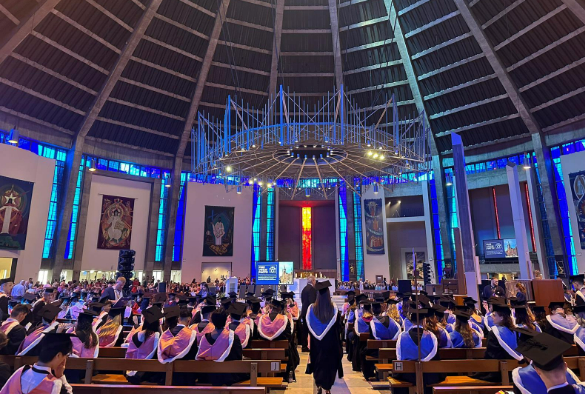
GALLERY: Graduation 2024
19 July
Thousands of students were on campus this week to receive their degrees at ceremonies held at the Metropolitan Cathedral. Here we round up just a few of the highlights. Inspiring student speeches 14 graduates gave personal and inspirational speeches to their fellow graduands, including James Barber, Matthew Heneghan, and Elizabeth Shanks. Honorary degrees Seven esteemed […]

University of Liverpool 2024 honorary graduates announced
18 July
Seven esteemed figures from across business, music, science, and tech have received honorary degrees from the University of Liverpool this week. Recipients include Professor Dr Shirley J. Thompson OBE, composer for His Majesty the King Charles II’s coronation, and Fazakerley (Liverpool) born tech entrepreneur, Dr Steve Garnett. They join a range of others regarded as […]

From ideas to impact – University of Liverpool Enterprise goes from strength to strength
The University of Liverpool is driving the transfer of technology generated from its innovative research – investing in academic founders to create spin-out companies and license novel technologies to create impact for a better world. As the portfolio goes from strength to strength, with 24 spin-out companies supported in the last six years, we take […]
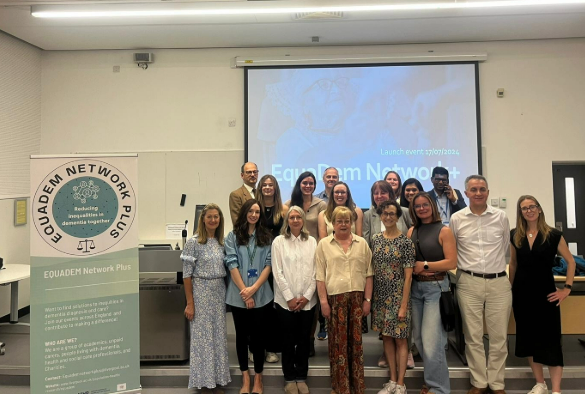
Labour MP launches dementia network
Colleagues gather for the ESRC Equalities in Dementia Network Plus launch University alumna and former public health researcher, Debbie Abrahams MP joined delegates at the inaugural ESRC Equalities in Dementia Network Plus event this week. The Labour MP and Co-Chair of the All-Party Parliamentary Group (APPG) on Dementia joined remotely from Westminster to welcome the […]

New UKRI Future Leaders Fellowships announced
Two University of Liverpool researchers have been awarded coveted Future Leaders Fellowships to support their research. A highly competitive scheme, the UKRI Future Leadership Fellowship (FLF) programme allows early career researchers to develop and tackle ambitious, challenging and important research questions. PREdicting biological Carbon in the Ocean Globally Under his Future Leaders Fellowship, Dr Jamie […]
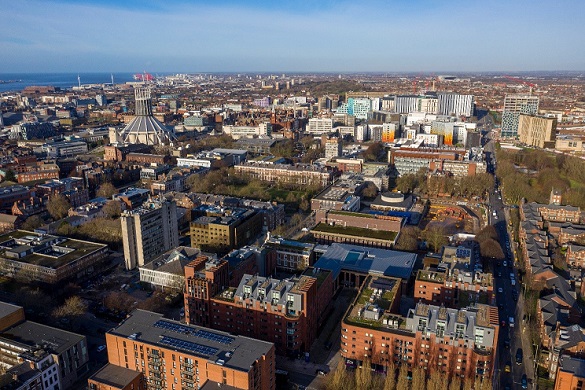
Funding for Liverpool researchers to evaluate and improve support for City Region households
17 July
Researchers at the University of Liverpool have received a share of £9.7M new UKRI funding announced this week, for projects aimed at ensuring everyone in the UK has a path to economic success and personal wellbeing, regardless of where they live. The CHESS: Civic Health Equity: from Silos to Systems project will evaluate the health […]
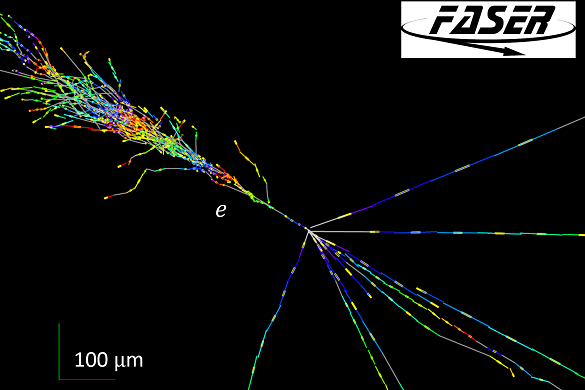
Neutrino interaction rates measured at unprecedented energies
16 July
University of Liverpool researchers are part of a team that has successfully measured the interaction rates of neutrinos at unprecedented energies using the Large Hadron Collider (LHC) at CERN. A better understanding of these elusive elementary particles can help answer the question of why there is more matter than antimatter in the universe. Neutrinos are fundamental […]
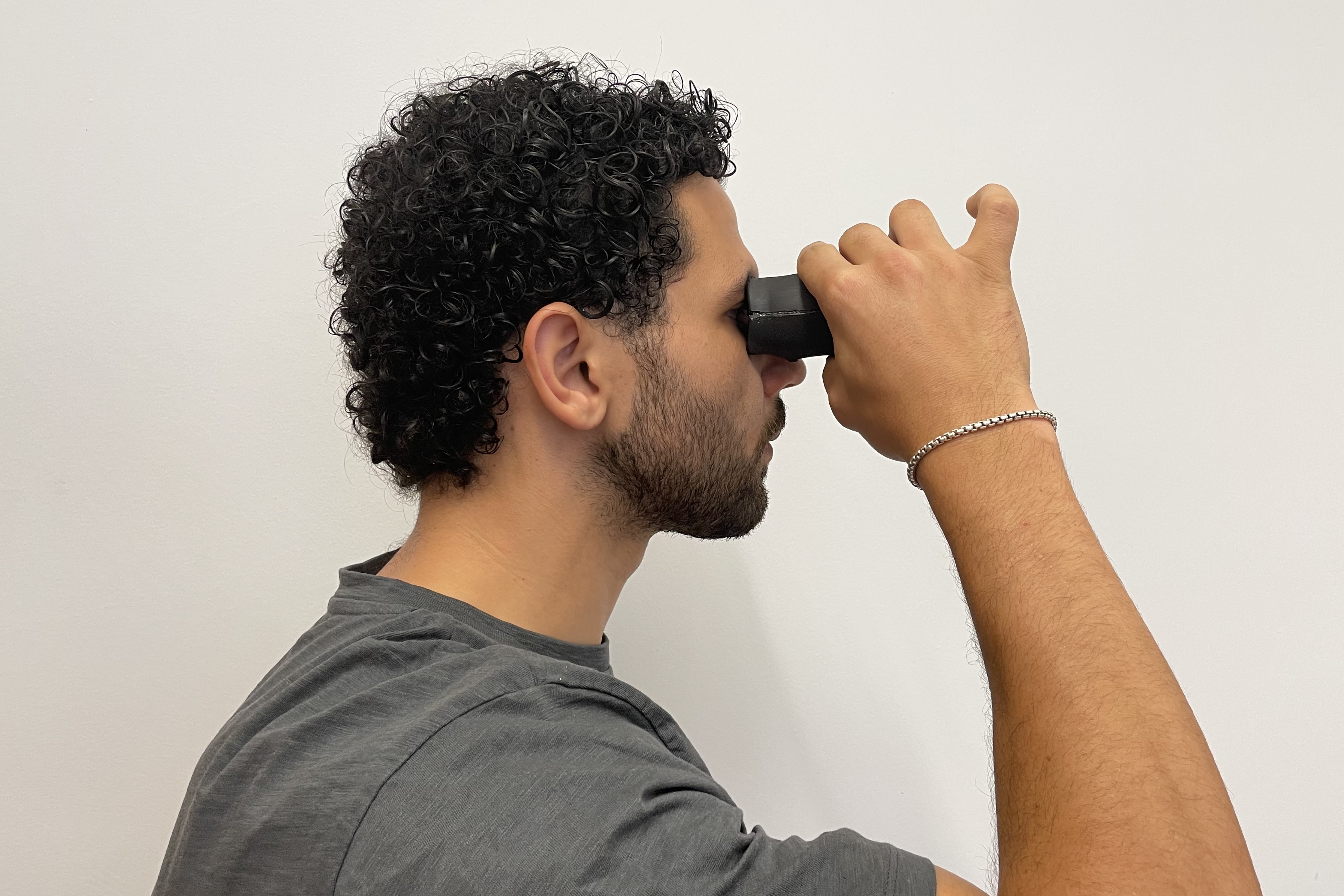
New spin-out OCUWELL set to transform corneal care
A University of Liverpool spin-out company OCUWELL has developed novel corneal assessment technology that has the potential to transform eye care delivery. More than 850 million people worldwide suffer from corneal disorders. This leads to an estimated 36 million cases of blindness and 217 million cases of moderate to severe visual impairment. Corneal disorders is […]

In Focus: Partnership with Shanghai Jiaotong University
15 July
Last month the University of Liverpool announced three new agreements with three Shanghai institutions to mark the 25th anniversary of the Liverpool – Shanghai ‘sister cities’ partnership. As part of an ongoing series, we will take a look at each partnership, first looking at Shanghai Jiaotong University (SJTU). A world ‘top 100’ institution, SJTU was […]
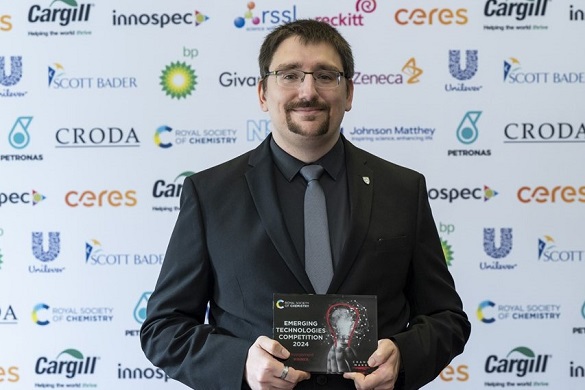
ThioTech wins Royal Society of Chemistry’s Emerging Technologies Competition
11 July
University of Liverpool spin-out company, ThioTech, has been announced as the winner of the Royal Society of Chemistry’s (RSC) 2024 Emerging Technologies Competition in the Environment category. The RSC Emerging Technologies Competition identifies and supports UK-based chemistry-led technologies. To achieve this accolade, the ThioTech Team had to convince a panel of industry heavyweights from some […]
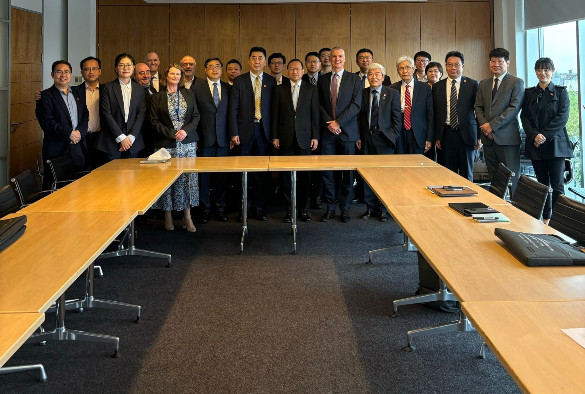
Liverpool and XJTU sign renewed agreement to further research collaboration and mobility
A delegation from Xi’an Jiaotong University (XJTU) in Xi’an, China visited the University of Liverpool this week to plan for continued research collaboration and increased staff and student mobility between the two research-intensive Universities. At an event also attended by Mr Rui Tang, Consul General for the People’s Republic of China in Manchester, University of […]
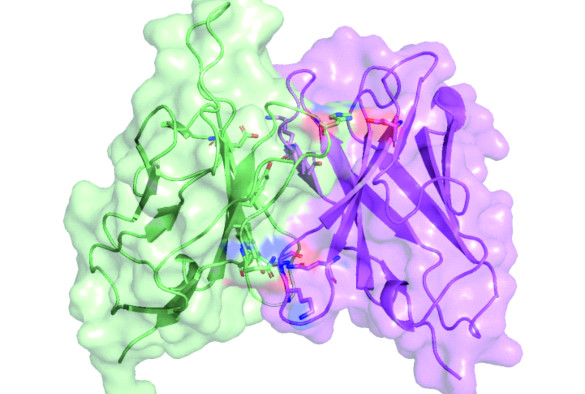
New discovery could help treat a rare and severe form of amyloidosis
10 July
In people with a rare condition called light chain amyloidosis, light chain proteins—which are a component of antibodies—mutate and build up in different organs. In new research published in The FEBS Journal, researchers from the University of Liverpool have identified and characterized an antibody fragment that can bind to abnormal light chains to stabilize them […]

New hi-tech collaboration with South Korea aimed at improving Liverpool City Region bus services
A new hi-tech collaboration between data scientists in Liverpool and South Korea is aimed at improving bus journey times and connectivity in the Liverpool City Region. Researchers will create a ‘digital twin’ (digital replica) of the city region’s transport system to accurately model the effects of different scenarios – such as route changes and fare […]

The six most urgent problems facing the UK that Starmer’s new government needs to fix
8 July
This article by Dr Alex Nurse, a Senior Lecturer in Urban Planning at the University of Liverpool, was first published for `The Conversation’: Keir Starmer’s Labour party has won the UK general election in a landslide. Its huge majority should, in theory, give Starmer the clout to see through most of his political agenda. But […]
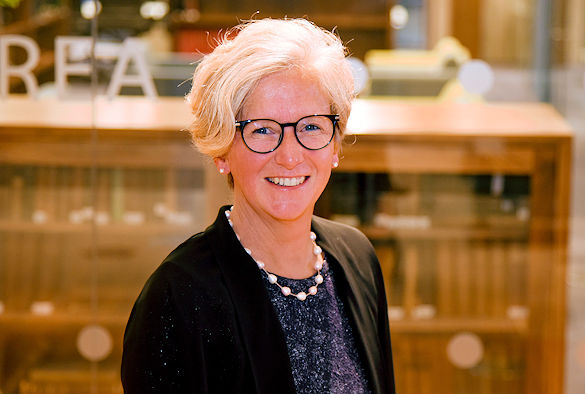
Professor Sarah Coupland elected President of Pathological Society of Great Britain and Ireland
Professor Sarah Coupland has been elected President of the Pathological Society of Great Britain and Ireland following the Annual General Meeting in Sheffield on 20th June 2024. Professor Coupland is the current and first female ‘George Holt Chair of Pathology’ at the University of Liverpool, and leads the world-renowned ‘Liverpool-Ocular-Oncology-Research-Group’ (www.loorg.org), comprising of 30 clinicians, […]
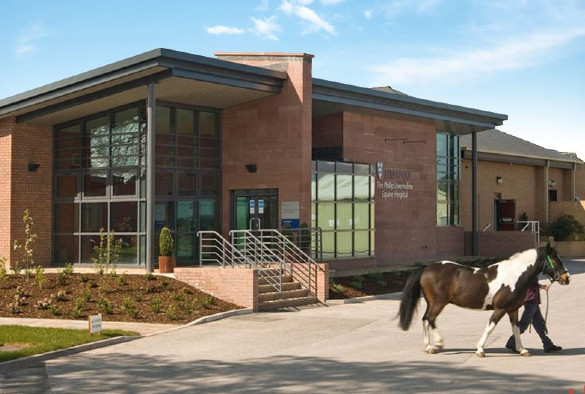
Leahurst announces free family fun day, VetFest!
The University of Liverpool’s Leahurst veterinary campus is opening its doors to all on Saturday 20th July 2024 for an action-packed day of family fun. VetFest: Open House will feature a wide range of outdoor and indoor activities including: Animal displays – some of Leahurst’s own farm animals and horses, interactive games and activities. Merseyside […]
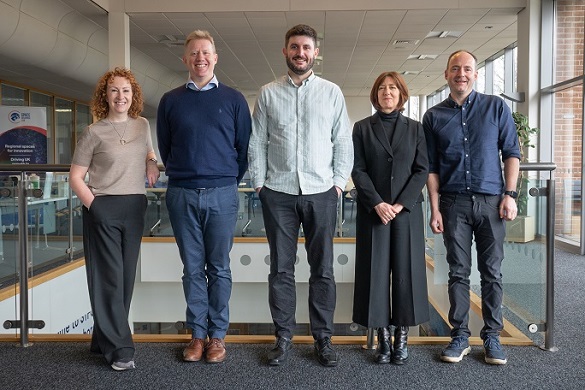
New spin-out company, Plasma Fresh, aims to disrupt the food and drink industry with cold plasma
5 July
A new University of Liverpool spin-out company, Plasma Fresh, has developed cutting-edge technology that harnesses the unique physicochemical properties of cold air plasma to improve current sanitisation practices along the food processing line. Dr Aaron Dickenson (Head of Operations), from University of Liverpool’s Department of Electrical Engineering and Electronics, along with Professor James Walsh (CTO), […]
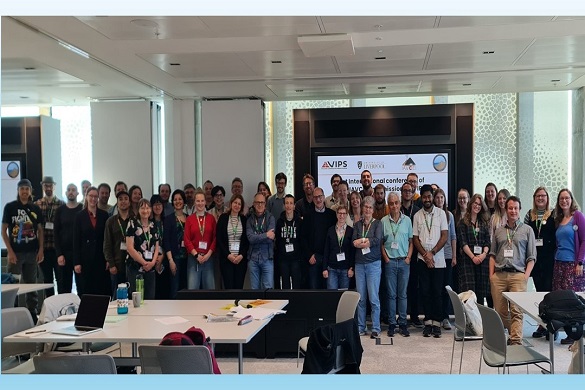
Liverpool hosts inaugural Volcanic and Igneous Plumbing Systems conference
3 July
World-leading volcanology experts came together to discuss the latest research developments in volcanic plumbing systems at a global conference held in Liverpool. The University of Liverpool’s Mechanical and Geological Model Analogues (MAGMA) Lab hosted the inaugural international conference of the IAVCEI Commission on Volcanic and Igneous Plumbing Systems (VIPS) on 18th-20th June. The conference brought […]